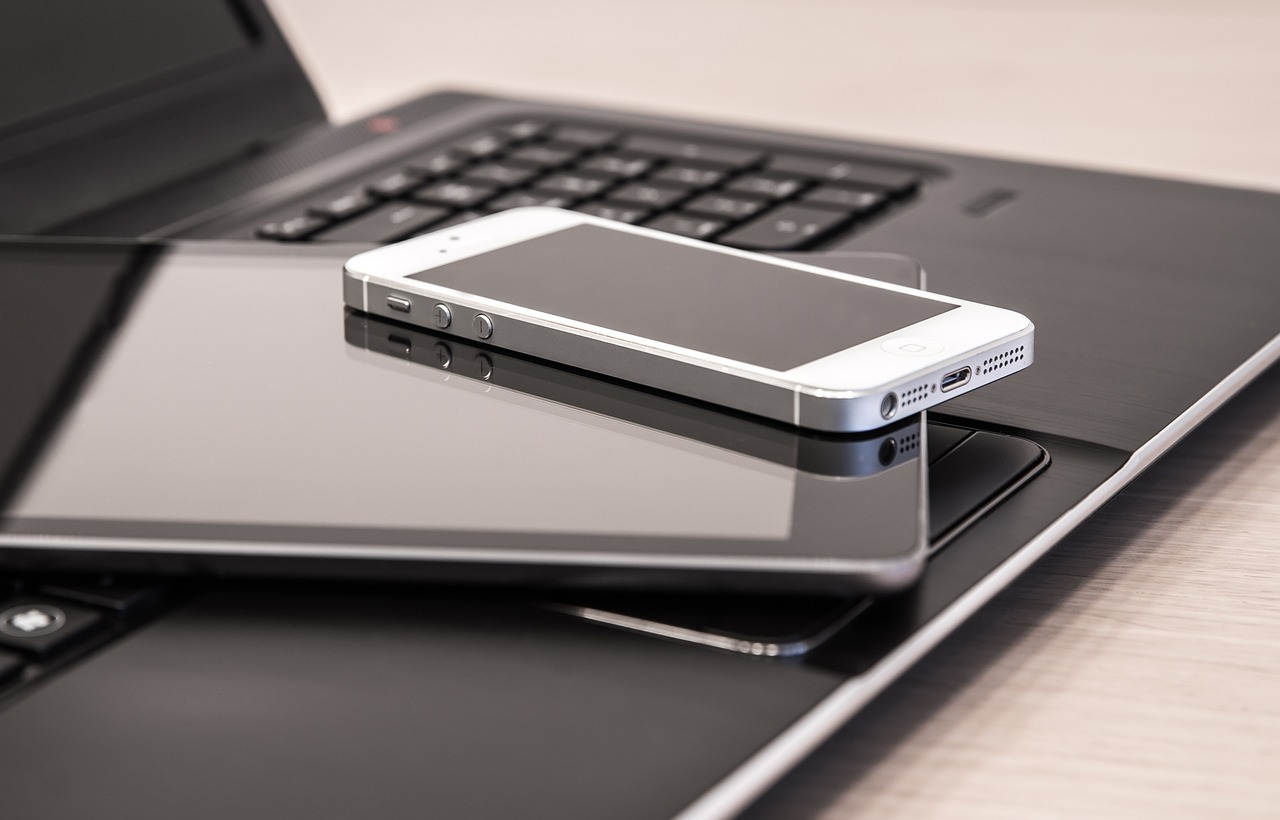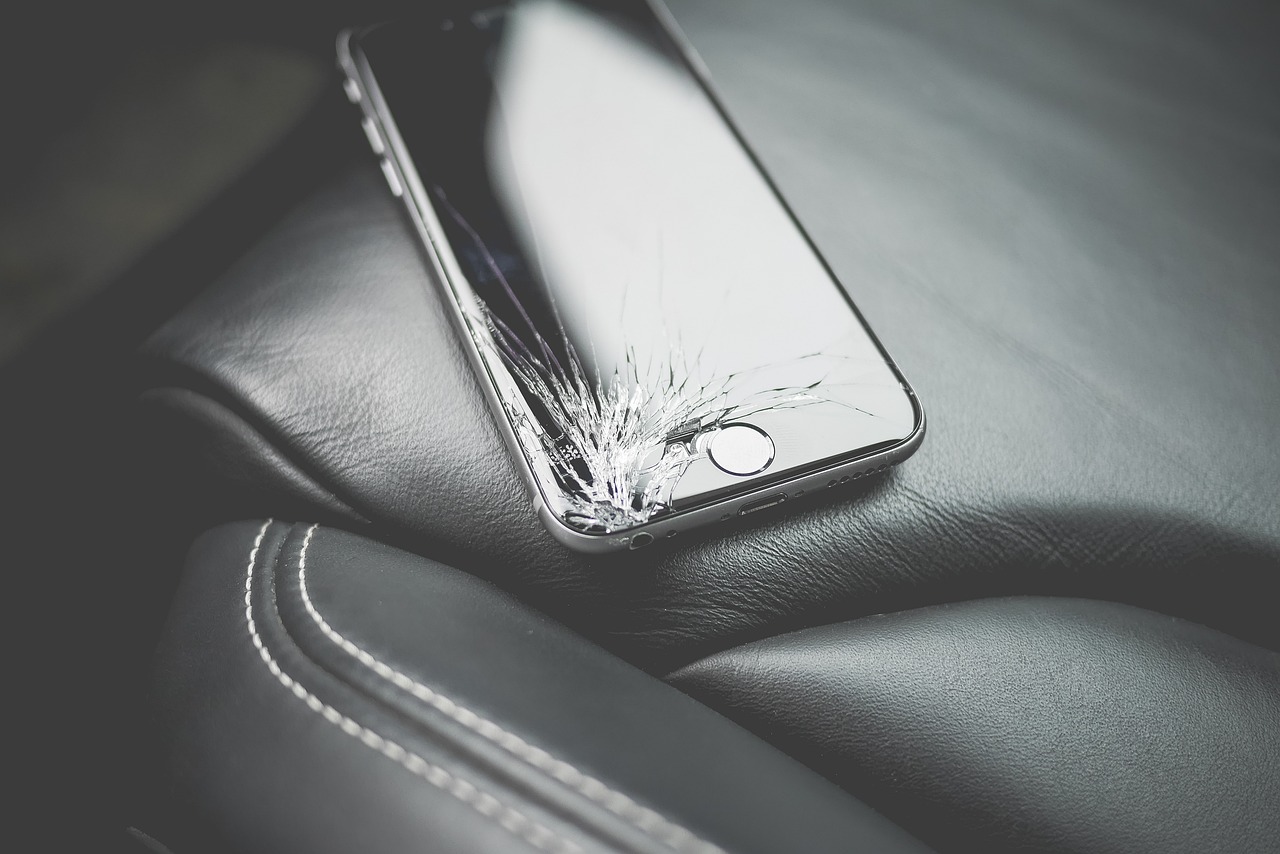Fraud is estimated to cost the UK £137 billion every year[1].
According to a recent AARP survey in the USA the military community – veterans, serving military and their families continue to be targeted significantly more by con-artists[2].
Recent research published by the Citizens Advice Bureau in 2022 found that in the first half of the year more than three quarters of UK adults had been targeted by a scammer, with imposter scams very common[3].
Typically, when someone commits an imposter crime they pretend to be someone else, for example from the government or a trusted military group such as Veterans Services. They try and obtain NI numbers, bank account details and other personal information.
As with many fraud crimes the people sound convincing, and you need to be on your guard and address any concerns you have rather than leaving it and seeing what happens. Instinct is normally a good barometer for things like this – just like it probably serves you well in the field.
Imposter crime – pretending to be someone else – is a method used to perform identity theft (stealing personal details) and then go on to perform identity fraud. Action fraud define identity fraud as when your personal details are stolen (defined as identity theft) and used to commit fraud[4].
Examples of identity fraud crimes include opening bank accounts, taking out loans and credit cards in your name, and securing state benefits due to you. It also includes taking out mobile phone contracts and ordering goods in your name, as well as obtaining passports and driving licences in your name.
There are various types of identity theft and identity fraud you need to be aware of. This list is not exhaustive but gives you an idea of actions fraudsters might take to access your personal information to then go on to commit identify fraud.
Representing trustworthy institutions
Criminals may try to get personal information by pretending to represent a bank or another trustworthy institution such as HMRC and asking you to verify details about yourself.
Bank or Credit Card Statements and Other Mail
Bank and credit card statements and other mail can contain your name, address, and account details that can be used by identity thieves. Fraudsters may forward your mail to another address sometimes known as a ‘collection address’, where they can intercept it and potentially steal any sensitive information. So you need to be aware and check if you haven’t received some mail you were expecting.
Photo IDs
Photographic identification, such as a driver’s licence, can be altered by criminals to create a new identity or assume an existing one. This may then be used to open new accounts and build up debt.
Emails
Phishing is a method that involves sending fake or fraudulent emails that an unsuspecting victim might open, believing it is from a trusted source (for example .gov.uk). The email may try to convince you to send personal details in a reply or it could release a virus that attempts to steal information from your computer.
So why are the military such attractive targets and can you do anything about that
Firstly, many military personnel are young, often having moved away from their home base for the first time, and inexperienced dealing with finances and household decisions such as renting property. And the mentality of hard-working military young people can be that they are untouchable, so they aren’t alert to possible scams. People who are exposed to physical dangers may be more susceptible to “paper” or non-violent crimes.
At the other end of the scale older people are targeted as they can be seen as a soft touch in relation to online and digital scams, as well as being in a position to make charitable donations. And of course, in relation to identity fraud in particular, if someone is wanting to commit identity fraud, then pretending to be an upstanding military person is attractive to them!
Another big reason military personnel and family may be targeted for fraud is due to the frequent relocating, which means personal information is shared around a lot more, potentially making people more exposed. And this often comes with the partner looking for flexible, shorter term, work from home jobs which exposes them to employment scams.
Communication and taking a breath can be really helpful tools here. If someone contacts you and you aren’t sure then take time to check, think about it, and ask your colleagues or friends what they think. Often articulating the situation makes you realise something is amiss. And you can check the details of the company that is contacting you independently to see if they are consistent.
It is always good practice too, to check your credit record regularly so you can pick up if anything has occurred on your credit record.
Fraud of any type can impact your bank balance but also your mental wellbeing, leaving you with a sense of powerlessness, frustration, violation and lack of trust. Try and not become the next victim. But it could be comforting to know that Forces Mutual Kit & Personal Possessions Insurance can provide some protection against some of the fraud types mentioned in the article, as it comes with identity fraud cover as standard. There is also an identity theft helpline provided by Ageas Insurance Limited.
Kit & Personal Possessions Insurance is provided by Ageas Insurance Limited.
Find out more: Military Kit & Personal Possessions Insurance | Forces Mutual
PMGI Limited, trading as Forces Mutual is authorised and regulated by the Financial Conduct Authority. Financial Services Register No. 114942. Registered in England & Wales No.1073408. Registered office: Brookfield Court, Selby Road, Leeds, LS25 1NB. For your security, all telephone calls are recorded and may be monitored.
[1]The financial cost of fraud 2021 | Crowe UK, page 7 of the report
[2] Scambush: Military Veterans Battle Surprise Attacks from Scams & Fraud (aarp.org), page 6
[3] Over 40 million targeted by scammers as the cost-of-living crisis bites – Citizens Advice





